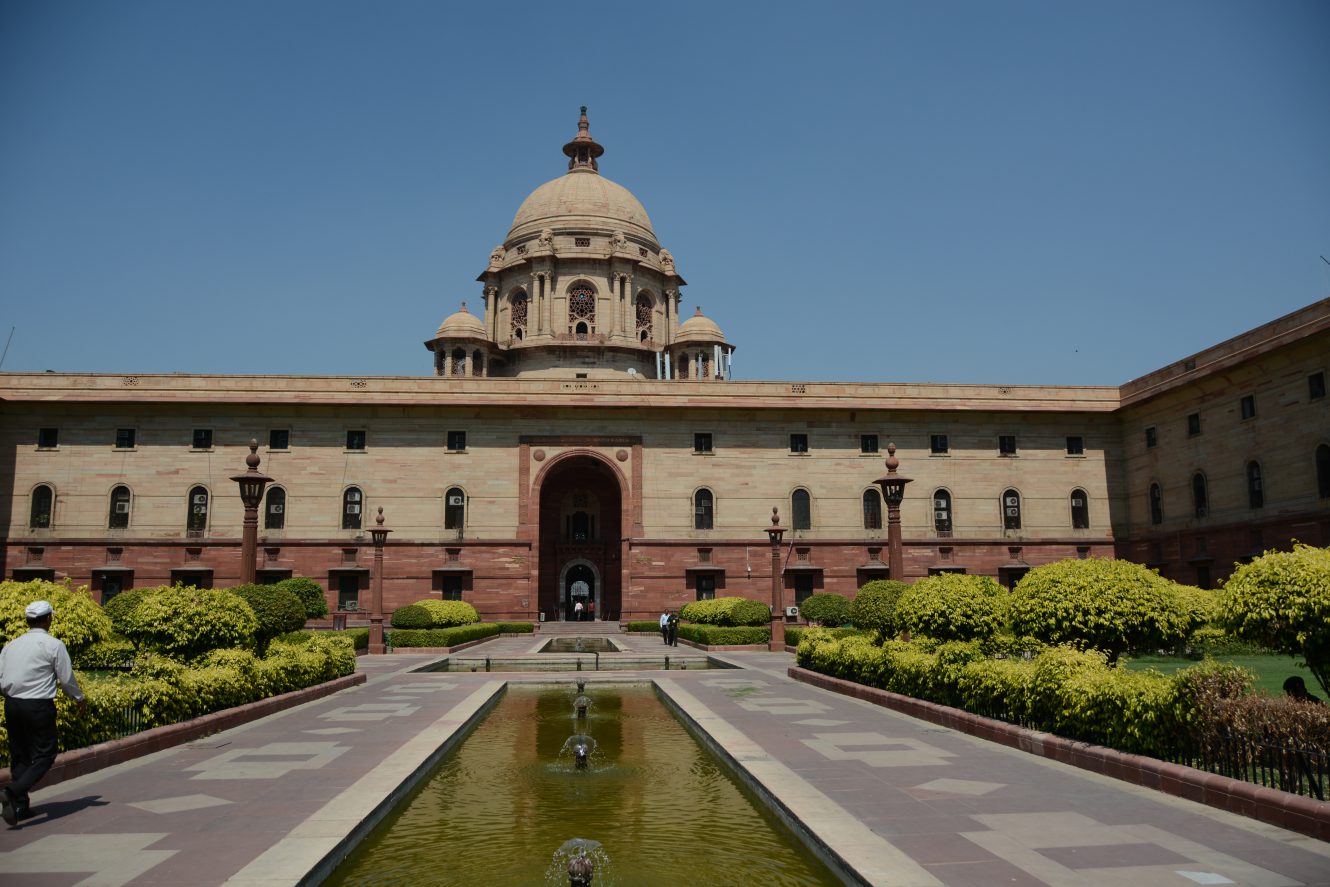Ajit Pawar Cleared In ₹1,000 Cr Benami Case Victory
Political Implications: What This Means for Ajit Pawar and Maharashtra Politics

Maharashtra Deputy Chief Minister Ajit Pawar recently got acquitted in one of the significant benami property cases with a value over ₹1,000 crore. Income Tax Appellate Tribunal had turned down the allegations of unaccounted assets by the deputy Chief minister and other family members under the names, owing to a lack of adequate material evidence for it. This landmark decision would close one chapter of scrutiny over the case that began in 2021 and be an event of great turn for Pawar’s political and personal life.
The Allegations
The dispute started in 2021 when the Income Tax Department raided homes that were reportedly connected to Ajit Pawar and his group. Among the properties under consideration were:
- A sugar factory: This was another valued asset and the highlight of the investigation, which had immense economic value.
- A luxury flat in Delhi: A high-value property allegedly held under a benami owner in a prime location.
- A resort in Goa: A high-value asset under the benami holdings held against Pawar’s family.

The case was widely noticed in media and political circles because it emerged just a few months after Ajit Pawar gained prominence as a minister in the Maharashtra government.
Tribunal’s Findings
From all the evidence produced by the Income Tax Department, the tribunal finally concluded that there was insufficient proof to the allegations. The dismissal of the case would depend on the following crucial points:
- Insufficient Documentation: The department had not established a direct association between Ajit Pawar and his family members and the properties under scrutiny.
- Lack of Ownership Trail: Investigators failed to show a chain of ownership for the assets in question. Consequently, they were not established as benami under the Benami Transactions (Prohibition) Act 1988.
- Political Timing: Since the allegations come at a time close to Pawar‘s political milestones, several questions have emerged into the seriousness of the investigation.
The Legal Framework of Benami
This Benami Transactions (Prohibition) Act, 1988 is the essential legislation used in discovering and punishing the Benami concealed ownership of assets. Here, the property is deemed benami if it has been registered in the name of some other person but is owned by another person to avoid paying proper tax or to cover some illegitimate wealth accumulation. Yet, it demands compelling evidence for such claims, and thus, this case did not have.

Political Implications
The dismissal of the case is a political landmark for Ajit Pawar and the Nationalist Congress Party (NCP). As one of the most critical figures in Maharashtra’s politics, Pawar has been very much in the public eye, with administrative accomplishments and controversies. The outcome of this case will strengthen his political position and finally dispel the allegations that have been following him for so long.
Such inquiry has also heightened the political sensitivity of such investigations. The flavor of a political vendetta rather than an honest accountability process is that most of these cases argue the critics. The dismissal of Pawar may further add force to this argument and may review the procedure followed for such an inquiry.
Economic and Social Context
This case also highlights the much bigger problem of benami transactions in India, something which is a total defiance to the transparency and governance of the economy. The government has passed many legislative amendments to stop such practices and investigated quite a few big shots with some high-profile arrests taking place. This dismissal requires some kind of a fine balance to be drawn between the enforcement by an iron fist to get justice and the credibility of evidence so that the innocents are not wrongly persecuted.

The case of Ajit Pawar reminds one of all the complexities involved in addressing the malpractices of economic lives within a politically vibrant democracy. Though the allegations were dismissed, the prolonged nature of the investigation and publicity surrounding it had disastrous results for Pawar and his family, establishing a need for a relatively quick judicial process.
Broader Implications
This will further have profound repercussions for many other cases involving high-profile personalities. In addition, the judgment forms a precedent about the evidence required to be presented before the court to establish an allegation in the Benami Transactions Act. The reliability of investigating agencies in pursuing justice would also echo in public opinion.
The case reminds political leaders that they must always be transparent in their financial dealings so that they will not face any allegations in the future. It also teaches investigative agencies always to be very careful and act on evidence to maintain institutional credibility.
Moving Forward
The case is now closed, and the door to this administrative job of the Deputy Chief Minister of Maharashtra will open for him. Moreover, it would strengthen him in his position within NCP and in the state’s political firmament. The reiteration calls on the Income Tax Department and other probing agencies to reappraise their strategies to ensure fair and efficient probing in future cases.

Once more, this case judgment brings forth serious questions related to whether anti-benami policies exist or work in India. Allowing this government to continue pronouncements for more decisive action against black money will be meaningless unless stronger frameworks for investigation are established at these levels. The entire intent of accountability should ensure that justice is kept intact- a prerequisite for making this public trust endure concerning such initiatives.
Conclusion
In that perspective, the clearance Ajit Pawar received in a case related to ₹1,000 crore benami properties makes a significant legal-political landmark. It is proof of an evidence-based probe and fair judicial dealings at any level to address the menace of economic malpractice.
Therefore, India’s fight against black money becomes quite interesting while reminding us of many associated hardships and responsibilities, considering the democratic approach taken to enforce accountability at appropriate points. For Ajit Pawar, dismissal of allegations presents a second opportunity to reaffirm his commitment to public service and move on from a chapter that has long overshadowed his political career.




